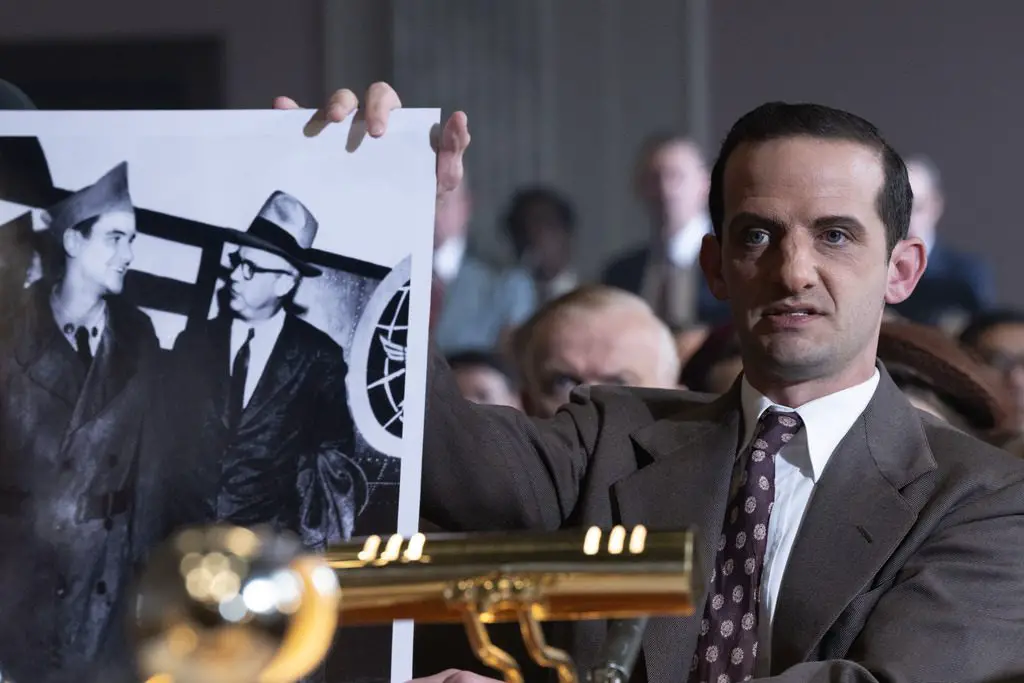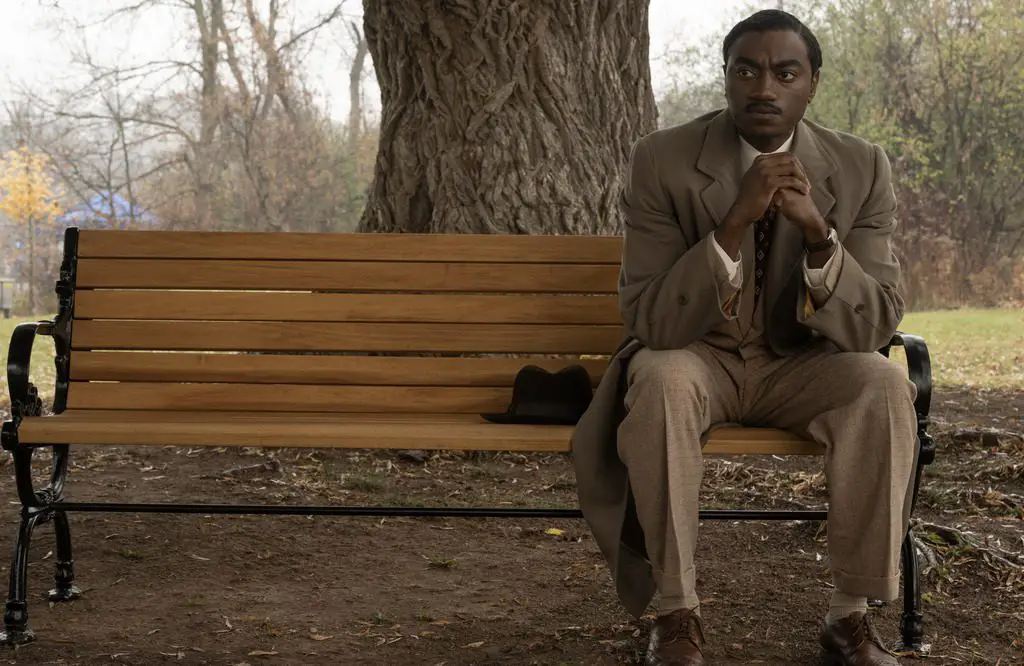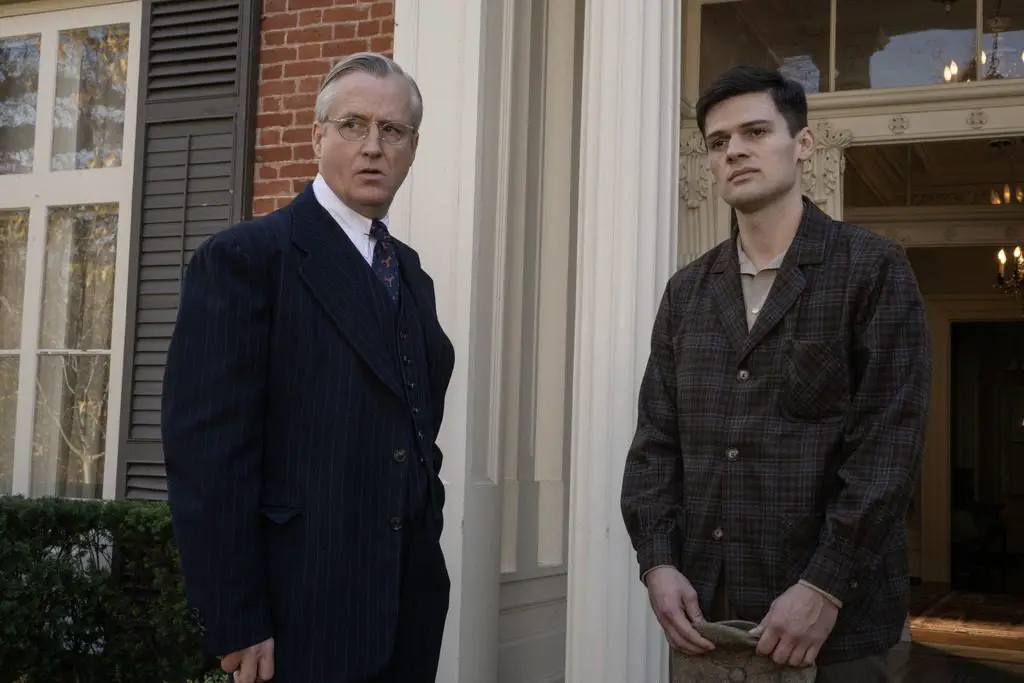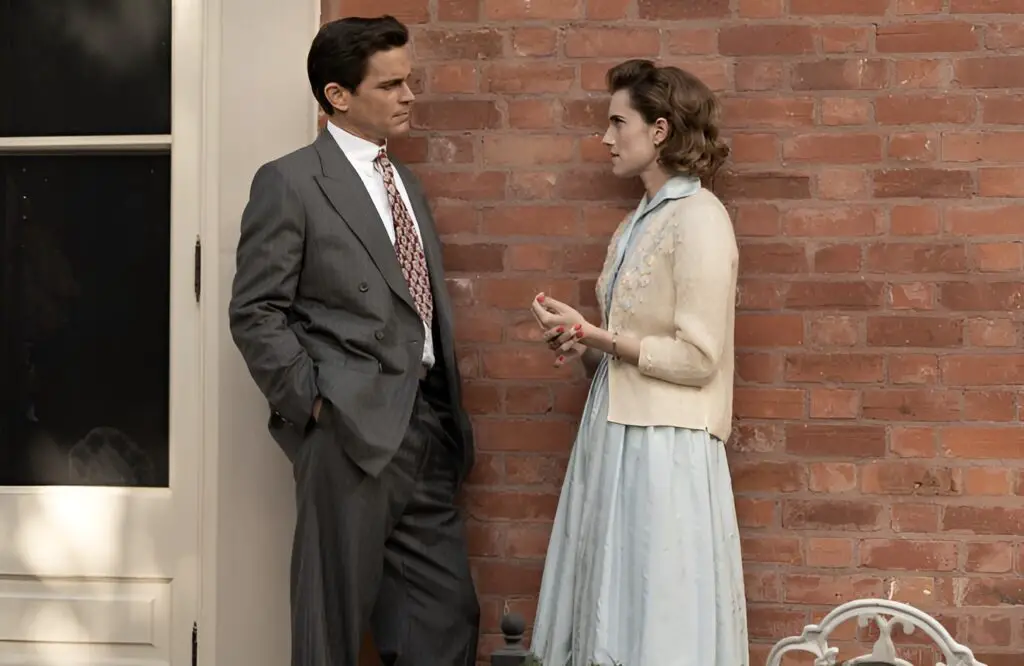In the fifth episode of the captivating series “Fellow Travelers,” viewers are transported into the heart of a burgeoning national scandal. The episode, titled “Promise You Won’t Write,” intricately weaves the tale of Roy Cohn’s growing obsession with David Schine. This obsession is the catalyst for the infamous televised Army-McCarthy hearings, a landmark event in American political history.
The narrative unfolds against the backdrop of the Cold War era, a time rife with political paranoia and social unrest. Roy Cohn, a prominent figure in Senator Joseph McCarthy’s anti-communist crusade, finds himself entangled in a complex web of personal and political intrigues. His fixation on Schine not only propels the plot forward but also exposes the intricate power dynamics and moral ambiguities that characterized this tumultuous period in American history.
As the hearings commence, viewers are presented with a gripping portrayal of the political machinations that defined the era. The episode does not shy away from depicting the ruthless tactics employed by McCarthy’s allies as they launch an attack on Senator Smith. This onslaught threatens to lay bare long-kept family secrets, adding a deeply personal dimension to the political drama.
The portrayal of these events is not just a recounting of historical facts but an immersive experience that captures the tension, fear, and intrigue that permeated the political landscape of the time. The episode serves as a reminder of the power of obsession and the far-reaching consequences it can have, not just on individuals but on the very fabric of society.
The Intersection of Personal and Political: Hawk’s Dilemma and Tim’s Crucial Decision
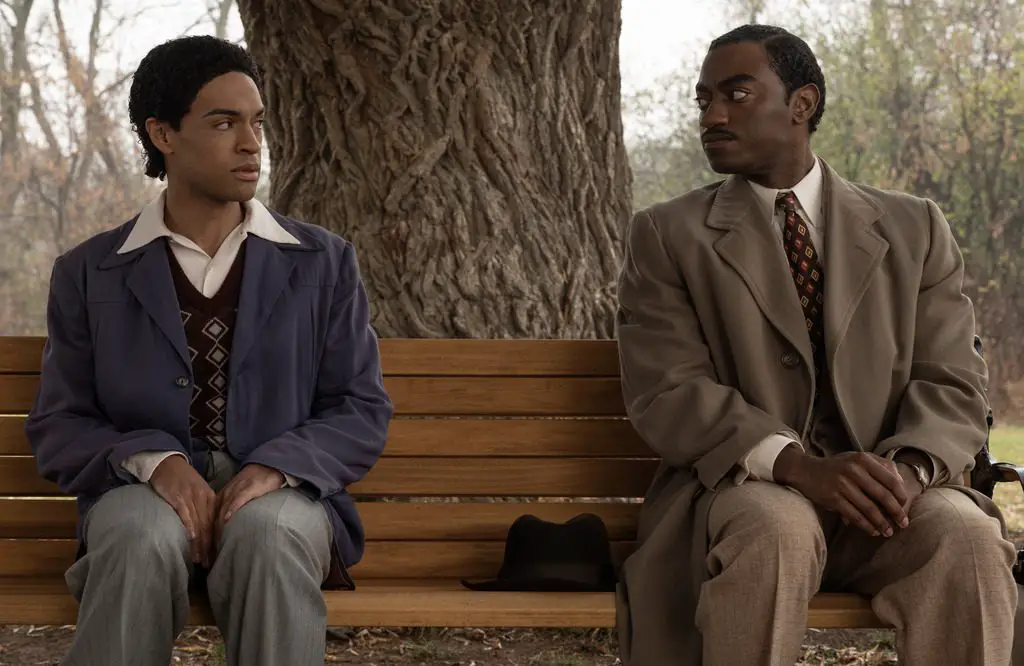
Amidst the chaos of the hearings, “Fellow Travelers Episode 5: Promise You Won’t Write” delves into the intricate personal lives of its characters, highlighting the often-painful intersection of personal convictions and public responsibilities. The character of Hawk, grappling with his own secret life, becomes a focal point in this episode. His efforts to shield Senator Smith from public scandal are not only politically charged but also deeply personal.
Hawk’s struggle is portrayed with a palpable sense of urgency and conflict. His attempt to maintain a façade of normalcy in his relationship with Lucy, despite the maelstrom of political scandal swirling around them, is a testament to the complexities of human relationships. However, it’s the tragedy that unexpectedly brings Hawk and Lucy closer together, adding a layer of emotional depth to the narrative.
Meanwhile, Tim, another central character, finds himself at a crossroads. Exposed to the true natures of both McCarthy and Hawk, he is compelled to make a life-altering decision about his future. This decision is not just about choosing sides in a political battle; it’s a deeply personal journey of self-discovery and moral reckoning.
The episode excels in portraying these characters’ dilemmas, not as isolated personal issues but as reflections of the broader societal conflicts of the time. The personal is indeed political in “Fellow Travelers,” as each character’s personal journey is inextricably linked to the larger narrative of political intrigue and social change.
The story arc of Marcus adds another dimension to the narrative, as he faces a difficult choice between his love for Frankie and his career aspirations. This subplot beautifully mirrors the main theme of personal sacrifices in the pursuit of one’s beliefs and ambitions.
“Fellow Travelers Episode 5: Promise You Won’t Write” thus becomes a compelling exploration of the human condition set against the backdrop of one of the most turbulent periods in American history. It skillfully intertwines the personal and political, leaving the audience pondering the cost of convictions in a world where the personal can have far-reaching political ramifications.
